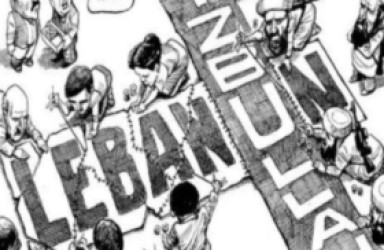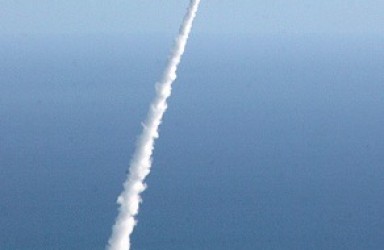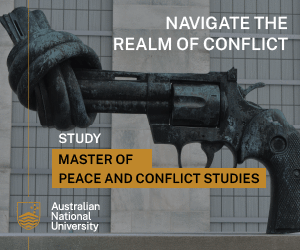Inter-war airpower theory and World War II
The development of air power in the realm of the military emerged almost at the same time as aviation itself due to the accelerating features of the First World War. With air power’s inception, it became possible to make strategic strikes against the enemy’s centre of gravity without the necessity of making contact in a traditional land or sea war.
The Lebanese Cabinet Wears Hezbollah (And Iranian) Colours
Looking ahead there are two major concerns for Lebanon. Firstly, if a new government cannot kick start the ailing economy and publicly support the Lebanese people by providing much needed water and electricity projects, then Hezbollah’s influence will grow, as Iranian money will finance vital social programmes, as witnessed already in the south of the country.
Greek and EU Mentalities
Greece has been financially ill even before it joined the then EEC. The symptoms were chronic cronyism, high levels of nepotism, severe clientelism and acute individualistic mentalities. Why did banks continue lending to a country like Greece, especially since they knew the economic state of affairs the country has been in for decades?
The CCP at 90
The Chinese Communist Party is a unique force. None of the members who attended the first meeting would have dared imagine that less than a century later, membership would stand at 80 million, and was poised to become one of the major forces of the 21st century. The Party today is facing a new range of challenges, which are testing even its legendary capacity for adaptation and pragmatic change.
Fear and Self Loathing in South Asia
CIA director Leon Panetta is currently engaged in talks in Islamabad, arriving the day after the head of the Pakistani Army, attempted to win back some respect from the Pakistani population by urging the US to divert some of its $3 billion a year aid to ‘help the common man’ while also forcefully re-asserting Pakistan’s sovereignty. These concerns would be heartening if they were not so transparent.
The Limits of Unlearning: Liberal Feminism from the Postcolonial Perspective
We are trapped in our experiences as colonisers and colonised, and in our resulting positions of power or powerlessness. Therefore, representation of ‘subaltern women’ by white western liberal feminists remains problematic, since tied up in the notion of representation are the complications of power, knowledge and language.
Security vs. Liberty? Is There a Trade off?
It appears there is a trade-off between the security of some and the liberty of others. This perception of a trade-off between security and liberty is particularly convincing when evidence from the on-going war on terror is used to illustrate the argument. It is possible to argue that any trade-off between liberty and security is short-term and illusory.
The Validity of a Postcolonial Account of World Politics
A Purist’s perspective is necessary in negating the worst excesses of Idealism, as is the latter necessary in doing so for the former. Such paradigmatic vibrancy can only be a good thing for Postcolonialism and the self-critical arena that this has created means that the approach will go from strength to strength in its project of postcolonialising the dominant mode of Orientalism.
Why was BMD so attractive to the Bush administration?
The Bush administration’s support for missile-defence was motivated by a desire to maintain freedom of action, and thus unipolar hegemony, vis-à-vis ostensibly un-deterrable rogue states. However, it is evident that BMD is strategically flawed, technically disputed and has the potential to destabilise existing arms dynamics.
Britain, Free Trade, and the Irish Potato Famine
Britain would have moved towards Free Trade in 1846-1860 even if the Irish Potato Famine had not occurred, due to the inability of the protectionist system to benefit the British economy in any significant way encouraged many to consider the alternative approach, namely free trade.














